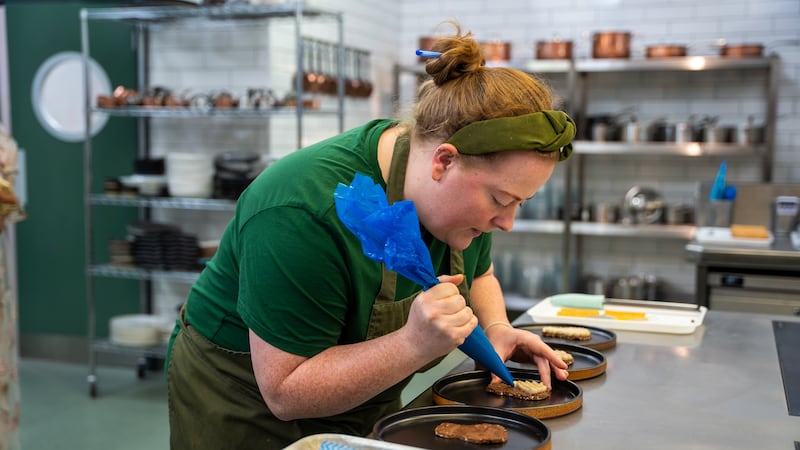Q: I’VE just had a miscarriage and I’ve received a lot of help to cope with my feelings about the loss. But my partner is also devastated – what help is there for him? Nobody seems particularly worried about how he’s feeling.
A: Amina Hatia, a midwife from the baby charity Tommy’s (tommys.org), says: “Miscarriage can have a deep and lasting impact on the whole family, and while it’s natural to rally around the parent who’s physically going through it, this can mean their partner feels overlooked when they’re also dealing with it emotionally.
“From the moment a couple finds out they’re pregnant, they may start to imagine their baby’s future, so having those hopes and dreams taken away can devastate both parents.
“Recent research from Tommy’s found miscarriage can leave both parents with long-term symptoms of post-traumatic stress, so it’s vital to recognise partners experience the same loss and may need help too.
“Grieving for someone you never met is complex; people may feel their emotions are unjustified and berate themselves for not coping better. Partners in particular may feel guilty for struggling, when their other half is dealing with the physical symptoms and pregnancy hormones.
“Almost three quarters of people we surveyed said partners feel huge pressure to be ‘the strong one’ when their baby dies, and three-fifths said not wanting to burden the grieving mother left them unsure where they could turn – but support is available if they reach out.
“Talking can really help, whether it’s with online communities like Tommy’s Facebook baby loss group, midwives and other health professionals, or family and friends. Many people find comfort in reading about others’ experiences, even if they don’t feel able to share their own yet, because it makes them feel less alone.
“Some people want to discuss their thoughts and feelings, but those who prefer to keep things more private could use a journal as an outlet to avoid bottling them up. It can be healing to physically commemorate the loss, such as planting a tree or making a memory box.
“Everyone grieves differently and there’s no right or wrong, so your partner may share many of your emotions or none of them. They may want quiet time to regroup and recover, or they may cope by throwing themselves back into normal life and keeping as busy as possible. Sometimes it can help to talk to a professional counsellor, either as a couple or individually.
“Grief can put a strain on the best relationships; this doesn’t mean you don’t love each other. The only advice that will apply to everyone is to look after yourself, be kind to each other, and ask for help if you need it.”








